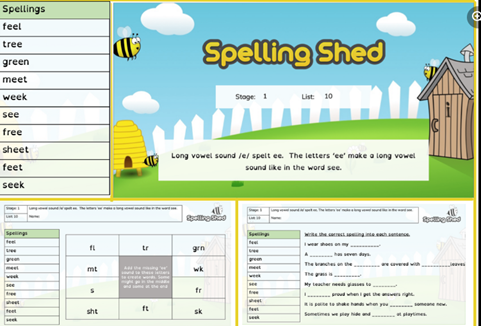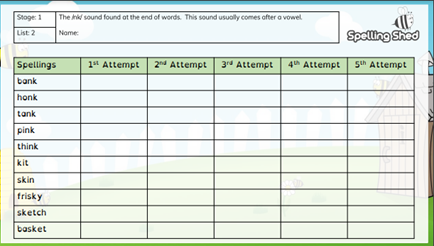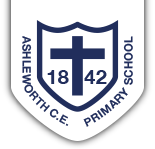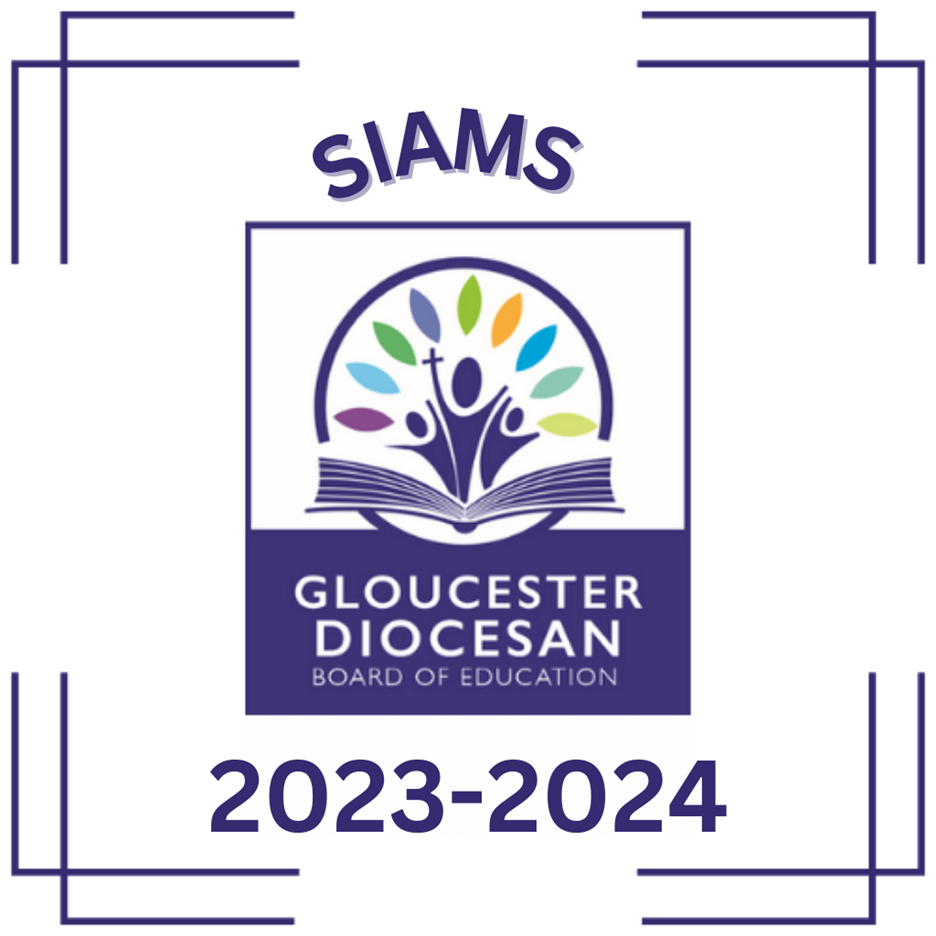English
At Ashleworth CofE Primary and Churcham Primary School, we believe that skills in speaking, listening, reading and writing are essential to everyday life. It is vital that children develop well in all of these areas during their time in primary education as it provides them with a strong set of skills as they move into secondary school. The English opportunities we provide, enable the children to express themselves creatively and effectively.
Reading:
At Ashleworth CofE Primary and Churcham Primary School, we believe that every child can be a reader. Our aim is that all children are engaged, capable and confident readers that have the knowledge and skills for future learning enabling them to achieve and make sense of the world around them.
We prioritise reading and teaching staff encourage the children to apply their reading skills as they work across the curriculum. Children are encouraged to read regularly at home and are praised for reading to their parents/carers at home.
We follow the ‘Little Wandle’ phonics programme and all children across EYFS and KS1 receive daily phonics sessions. Children in KS2 also access ‘Little Wandle’ daily phonics lessons if they are not yet secure with their phonics. ‘Little Wandle’ is a systematic and synthetic phonics programme. Children are encouraged to sound words out to help them read words, but they are also encouraged to develop their ability to read words from sight and to read fluently with expression.

Children in EYFS/KS1 read in a group situation, three times a week. ‘Big Cat’ phonics books are used in these group reading sessions. KS2 children also have weekly group reading sessions. These group reading sessions enable children to improve their reading skills and comprehension skills in a small group situation. Throughout our group reading sessions, children develop a range of reading skills through the use of ‘VIPERS’. In addition to the group reading sessions, we have trained volunteers/members of staff that listen to readers that we are targeting for more support/challenge.

We also want children to be exposed to a range of books and we want to develop a real love for reading. Our library has recently been developed and is continually being updated. It contains a large range of engaging fiction and non-fiction books. The children enjoy using the library area and the school librarians work hard to keep the library organised.
Writing:
At both schools, we use the principles of ‘Talk for Writing’ (TFW) to immerse the children in the language, structure and features they will need to become effective writers. We use drama techniques, story maps and play word/language games to help develop the children’s confidence as writers. We value the importance of the children learning in an active/creative way and where appropriate, we make links to the topic.

Alongside ‘Talk for Writing’, other essential skills are taught discretely. Spelling patterns are taught explicitly, as are correct use of grammar and punctuation. Spellings are taught through the Spelling Shed resources. This ensures that children are following a clear progression with their spellings and resources from this scheme are selected by the teacher to support the children’s understanding of the spelling rules. Class teachers award a trophy to a ‘Spelling Champion’ at the end of every half-term.



The children also have access to handwriting lessons where they focus on how to form and then join the letters correctly. These skills are taught discretely but teachers will make links between these skills in the current English work/across the curriculum.
Useful websites:
Phonics:
https://www.littlewandlelettersandsounds.org.uk/resources/for-parents/ -This website will give you some key information on how we teach phonics using the Little Wandle programme.
https://www.topmarks.co.uk/phonics/balloon-phonics-cvc-game -This will help your child to start to identify the initial/middle/end sounds they can hear in words.
https://www.phonicsplay.co.uk/resources -These games will help prepare your child for the Year 1 Phonics Screening Assessment.
Reading:
https://www.booktrust.org.uk/books-and-reading/-Take a look on here for tips/advice on encouraging reading at home and there are also some great book recommendations.
https://childrens.poetryarchive.org/explore/?theme=131 -A great website to help engage your child with the world of poetry!
https://shop.scholastic.co.uk/reading-spine -This website has a wonderful list of recommended books for your child to read.
https://www.sats-papers.co.uk/ks2-sats-papers/ -Year 6 parents: you can access practice SATS papers online here.
Writing:
https://www.talk4writing.com/ -This website will help to explain ‘Talk for Writing.’
https://www.bbc.co.uk/bitesize/subjects/zv48q6f - Fun videos and information given to help children understand subject terminology. The website will also help your child to understand how to construct sentences with correct use of punctuation.
https://www.literacyshed.com/index.html -There are some engaging short films and pictures on this website that can help to motivate children to write.
https://ictgames.com/mobilePage/spookySpellings/index.html -This website will help your child to learn to spell the common exception words.
https://www.funenglishgames.com/writinggames/instructions.html -Your child can have a go at completing some writing tasks on this website. It will also help your child to know the difference between the different writing genres.
Please contact Emma Shakespeare (English Subject Leader) if you have any questions about how we teach English at Ashleworth CofE Primary School and Churcham Primary School.
pdf Phonics and Reading Policy
pdf KS1 Writing Long Term Plan
pdf KS2 Writing Long Term Plan


